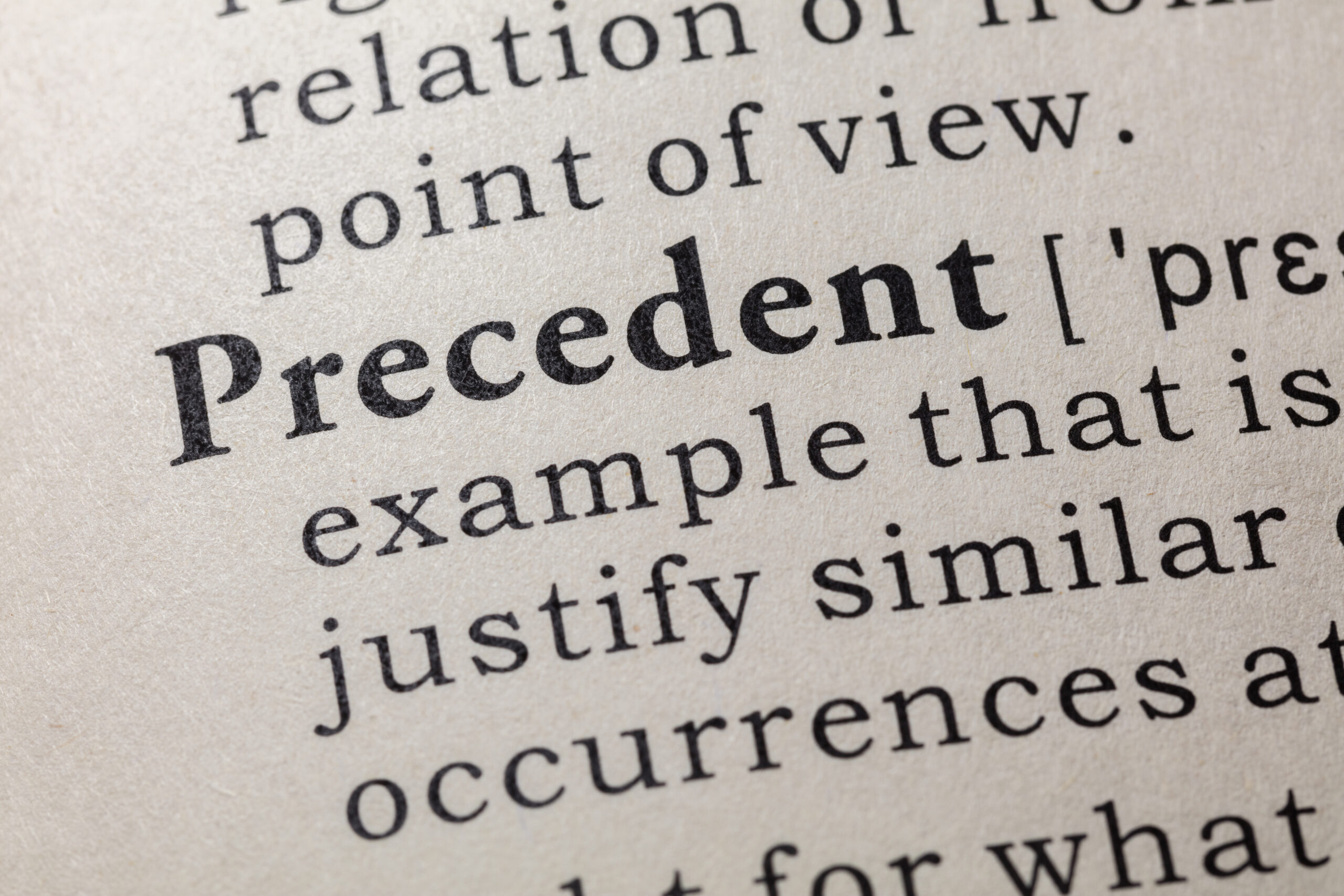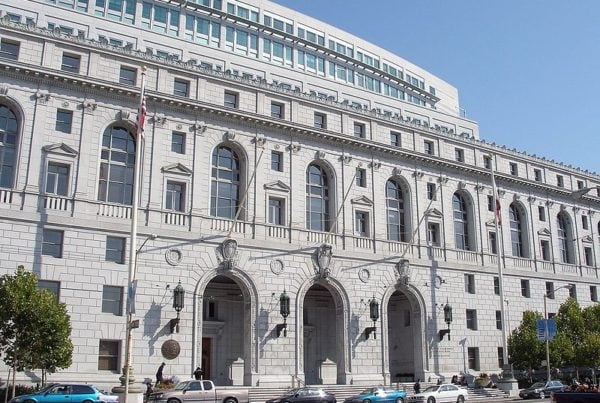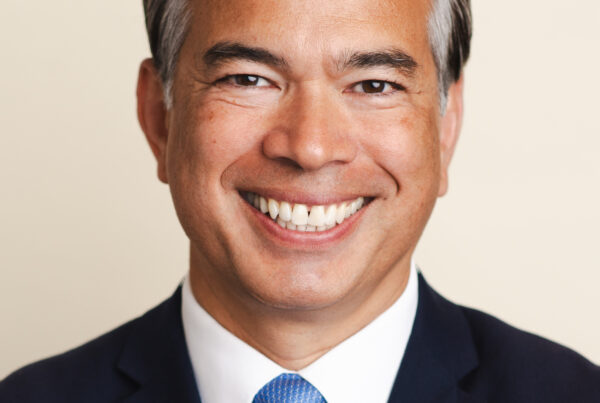Analyzing a Riverside case, the Fourth District Court of Appeal, Division Two, ruled June 7 that a writ petition does not reset the clock when it comes to requesting a different judge.
Code of Civil Procedure Section 170.6 allows litigants to challenge their presiding judge as biased. Litigants must file the challenge 10 days after assignment.
In this case, a litigant filed a petition for writ of habeas corpus that was assigned to his same presiding judge that had been handling his case, and who denied the challenge as untimely.
The Court of Appeal agreed that the challenge was untimely, and that the writ was a continuation of the earlier case.
Case history
Daniel Garcia is in jail waiting for trial on a murder charge. He had been convicted in 2012, but had been granted a new trial in 2020.
He was diagnosed as having porphyria in 2016, a rare condition that makes the skin extremely sensitive to sunlight. He asked to be tested, evaluated, treated and to be granted preventive measures.
Riverside Superior Judge Anthony Villalobos granted some measures, but denied Garcia’s requests to be kept out of direct sunlight, given protective clothing and transported only in vehicles with tinted windows.
Garcia filed a petition for writ of habeas corpus, alleging that the jail’s failure to deal with his disease constituted cruel and unusual punishment and violated the Americans With Disabilities Act.
The Court of Appeal denied the petition Dec. 27, 2021, and he filed it again with the California Supreme Court May 17, 2022.
On Oct. 26, 2022, the Supreme Court issued an order to show cause, directing Villalobos to oversee the hearing on the habeas petition.
Garcia filed a Section 170.6 challenge against Villalobos, which Villalobos denied.
Villalobos found that the habeas proceeding was a continuation of the criminal action, and that the challenge was too late.
Garcia then filed a petition for writ of mandate to the Court of Appeal, asking the panel to require Villalobos to grant the Section 170.6 challenge.
Appellate ruling
The Court of Appeal agreed with Villalobos.
The ruling said the case looked like forum shopping, and that Garcia filed the habeas proceeding because he was unhappy with Villalobos’ rulings and comments.
The 2018 case Birts v. Superior Court established the “continuation rule,” which was designed to prevent forum shopping, the ruling said. The continuation rule said that if a second action or special proceeding that involves substantially the same issues and matters relevant and material to the issues in the first case, it is considered a continuation of the earlier action for purposes of Section 170.6.
Although Garcia was facing a criminal case, the habeas proceeding fell into that rule, the Court of Appeal ruled.
Case information
Rex Williams, under appointment, represented Garcia.
Sarah Overton of Riverside’s Cummings, McClorey, Davis, Acho & Associates represented Riverside Superior Court.
County Counsel Minh Tran, Chief Deputy County Counsel Kelly Moran and Deputy County Counsel Emily Headlee represented Riverside Sheriff Chad Bianco.
Fourth District Court of Appeal, Division Two, Presiding Justice Manuel Ramirez wrote the opinion, which Justices Douglas Miller and Michael Raphael joined.
Trial No. CVPS2204495
Appellate Case No. E080436.
Read the ruling here.








